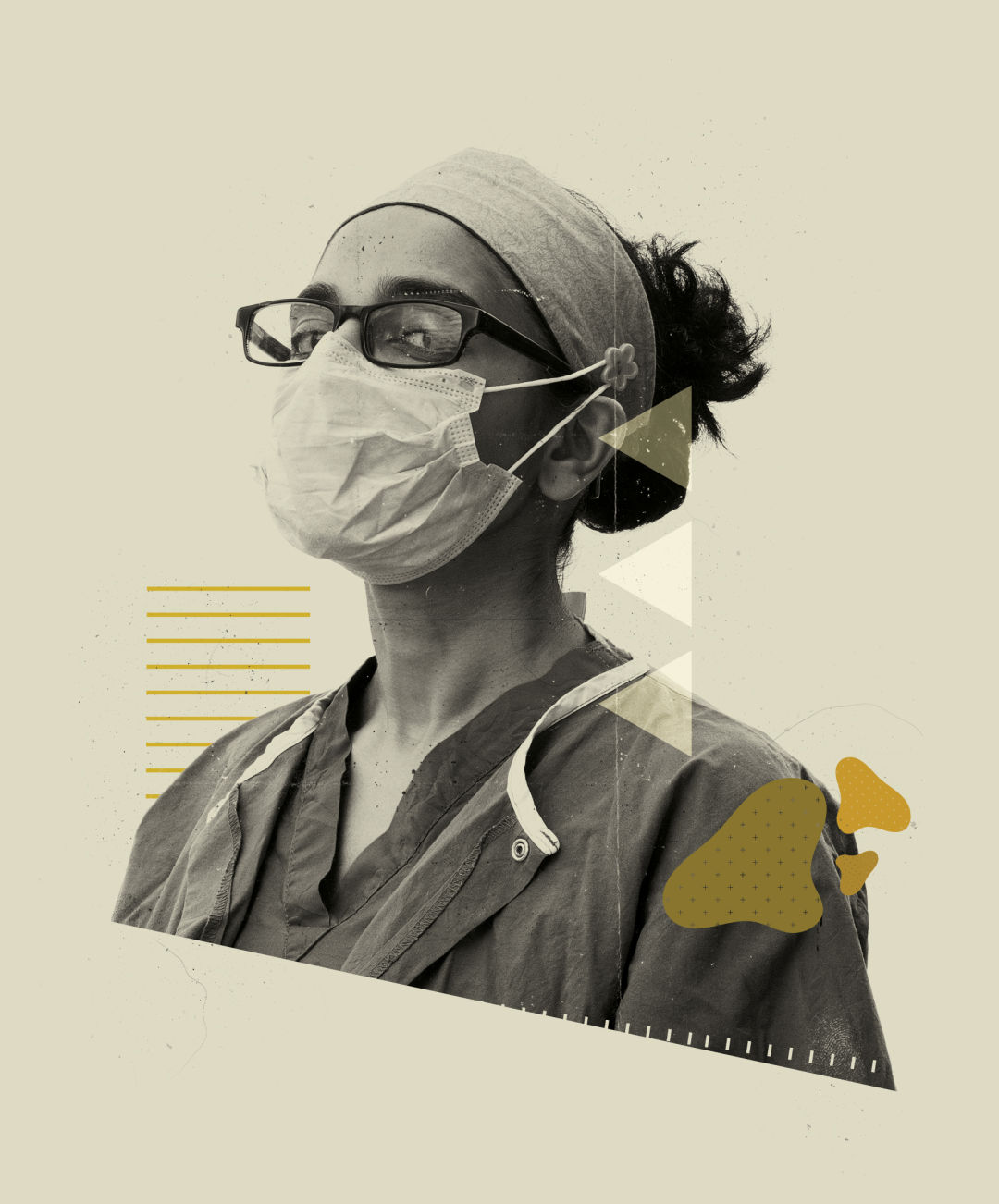This Local Internist Is a Doctor by Day, Activist by Night

“When this pandemic came, it heightened everything that the Trump administration has been doing in terms of destabilizing the administrative state and enacting a racist policy across the board. You can see we have all these breaks in our society where people don’t have medical care or food or housing,” Smitha Chadaga says.
Image: Brian Breneman
It sounds like the set up for a superhero film: doctor by day, activist by night. Local internist Smitha Chadaga is the chair and policy team co-lead of Indivisible Oregon, a progressive group born after the 2016 election that offers practical to-do tasks to an army of volunteers.
She is also the cohost of End Times Pep Talk, a weekly podcast with newsmaker interviews and whip-smart chat about topics like why voting by mail should be national. This Marvel-worthy combo of roles placed Chadaga squarely in the intersection of practicing medicine and advocating for public policy change during the novel coronavirus outbreak.
“When this pandemic came, it heightened everything that the Trump administration has been doing in terms of destabilizing the administrative state and enacting a racist policy across the board. You can see we have all these breaks in our society where people don’t have medical care or food or housing,” she says. “After the 2016 election, I realized, I had not been doing the work to maintain our democracy and really dedicated myself to being a physician activist. I feel like these three years spent working to advocate for public policy has really crystallized in this moment where these two lives are intersecting in a way that I never thought possible.”
That means Chadaga operates as a valuable go-between. “I’ve been working to explain what’s happening in the hospital to members of Congress in the state, and then take the information to advocate to people in the medical community,” she says. “It’s explaining to the other how to get work done, with me in the middle trying to really highlight and push through the change that I think needs to happen.”




